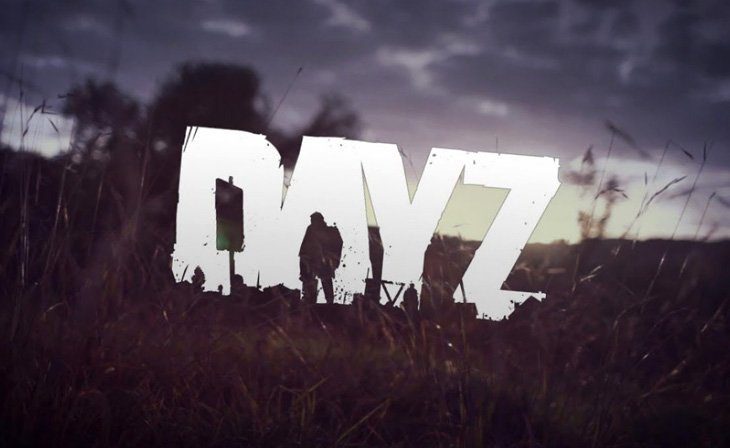Blogs
Home / Blog


Are you struggling to deliver a great user experience to your website visitors? Do you prioritize security and control over everything else? If the answer to both these questions is yes, then a dedicated server is an ideal choice for you. Yes, a dedicated server might cost you more, but it also delivers top of the line performance, much better security and flexibility to run your favorite operating system and apps.
In this article, you will learn about seven different types of servers that will cater to your diverse business needs.
A server is basically a computer that provides resources to other computers (clients) connected to the same network. Similarly, a dedicated server allocates all its resources for a single client. As a result, dedicated servers can deliver a buttery smooth experience and save you from the security and privacy concerns associated with shared servers.
Dedicated servers are most commonly used for hosting websites. Web servers usually host websites, software and data requested by clients. It caters to the client requests from the internet or intranet. It accepts requests from web browsers running on client computers and delivers the requested resource, whether it is a web page, software or any type of data.
Another benefit of using a dedicated server for web hosting is shorter page loading times, which translates into a better user experience for your website visitors. Since dedicated servers are made up of reliable hardware, you can also get higher uptime for your website. This means that you do not have to worry about downtimes wither.
Did you know that you can also use a dedicated server to store and distribute files? File servers allow multiple users to access the same file at a given time. Users can remotely access files. This also comes in handy when it comes to taking backup of your data and maintaining data integrity. Thanks to its centralized data and permission management capabilities, users can enjoy better control over users with a file server.
If your business wants to keep your internal and external business communication private, an email server is what you need. Instead of relying on a third party email or server provider, you can use your dedicated server as an email server. Email servers are configured to fulfill the purpose of sending and receiving emails so they can do a much better job at it. Mail server even let you customize apps to meet your specific business need. You can even track connection and authentication requests by viewing the log, which immediately tells you about any suspicious activity taking place on your network.
With applications becoming more and more resource hungry and the number of users accessing those applications growing, you might need an application server to host all your favorite applications. You can save your users from the hassle of downloading, installing and maintaining applications on multiple machines. The code and data integrity makes it easier for developers to push updates and upgrades. Moreover, it can streamline your authentication process and give you more control with centralized data management.
With massively multiplayer online role-playing games becoming all the rage these days, the demand for dedicated gaming servers is skyrocketing. Whether you are playing popular titles such as PUBG, Counter-Strike: Global Offensive or Minecraft, gaming servers delivers an amazing gaming experience with no stutter lags or delays. A gaming server is usually the primary source of events in a multiplayer game and transmits data about its internal state, so the game world is appropriately rendered on the client end.
The amount of data businesses collect, store, manage and use on a day to day basis is mind-boggling. The sheer volume and the pace at which that volume is growing make data management a challenge. Since most of this data is stored in databases and needs to be accessed by hundreds of people simultaneously, it can lead to slowdowns. You can speed up the process by migrating your database to a dedicated server. This allows you to deal with multiple client requests at once when you are running your applications.
Most businesses don’t even know that they can even use their dedicated server as a print server, let alone think about or actually implement it. This allows businesses to manage and distribute printing functionality more efficiently and enable them to handle multiple requests from clients simultaneously at once. Modern printers come with their own server and if you own one of those printers, you might not need a print server. If that is not the case, then you can seriously consider using your dedicated server as a print server, especially if your work involves too much printing.
Which type of dedicated server does your business use more often and why? Let us know in the comments section below.
Enter your email to receive the latest news, updates and offers from HostNoc.
